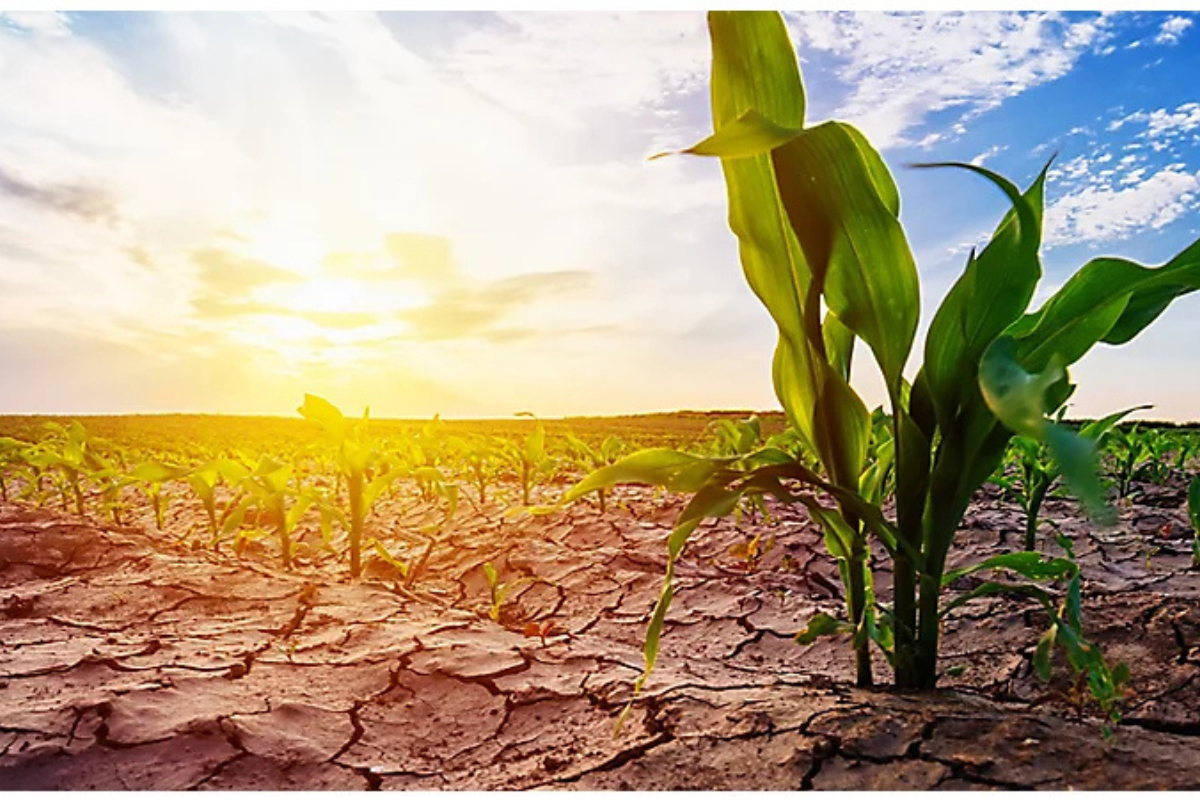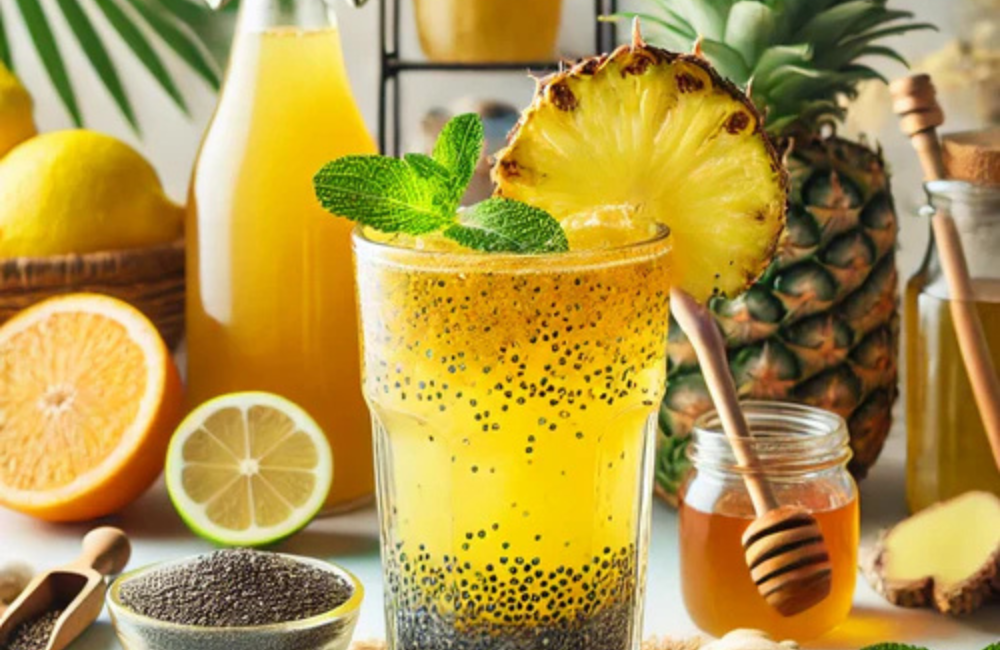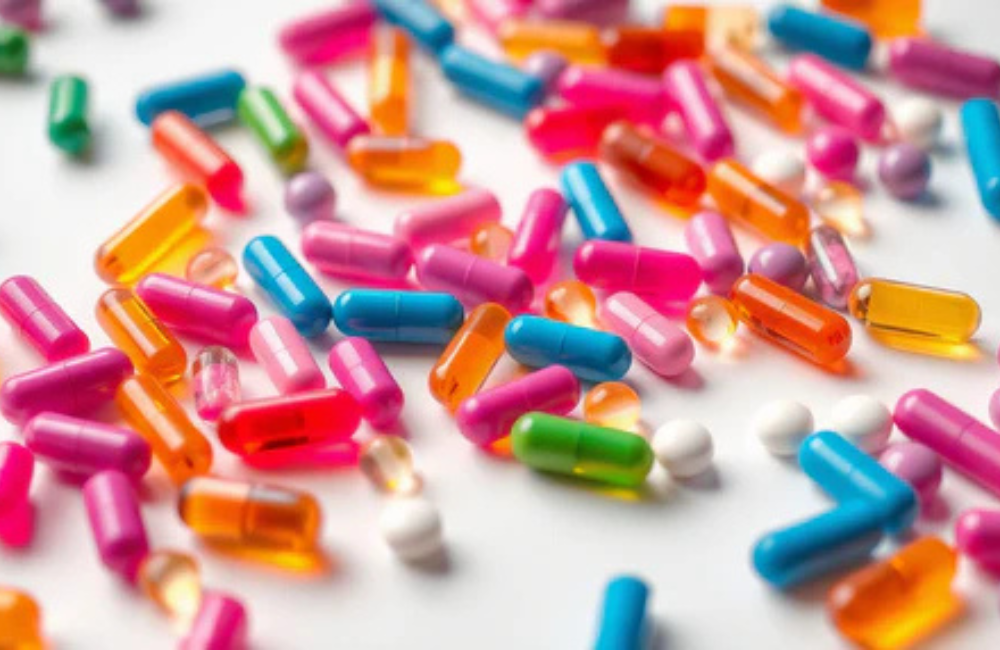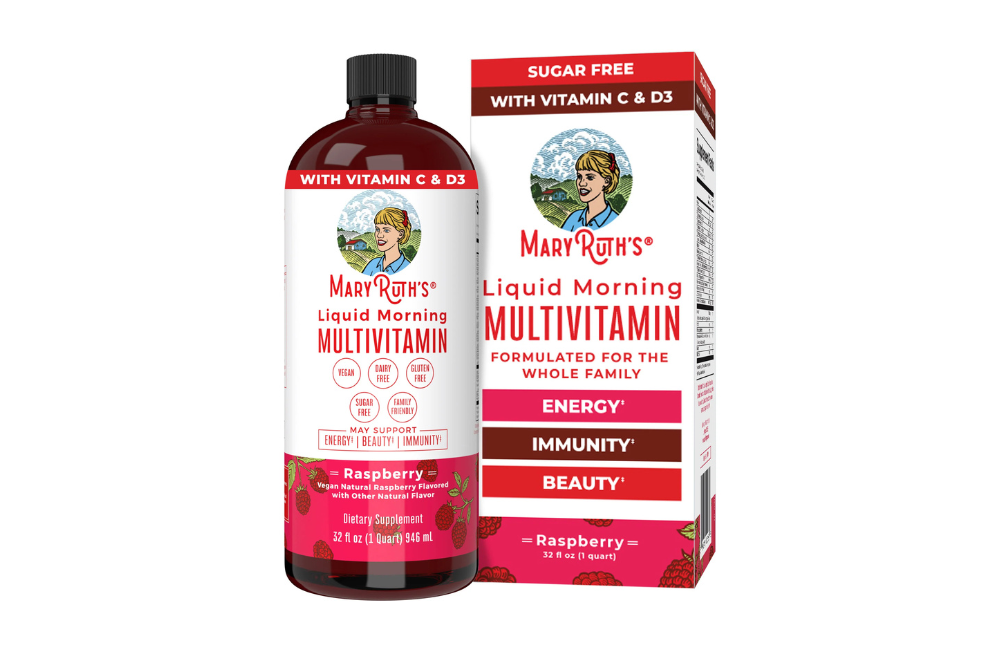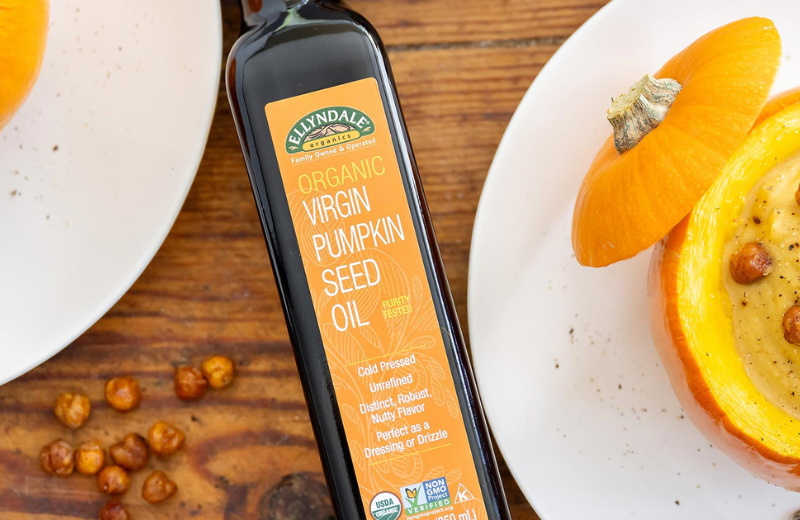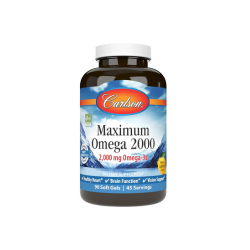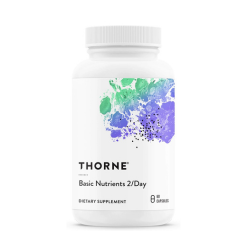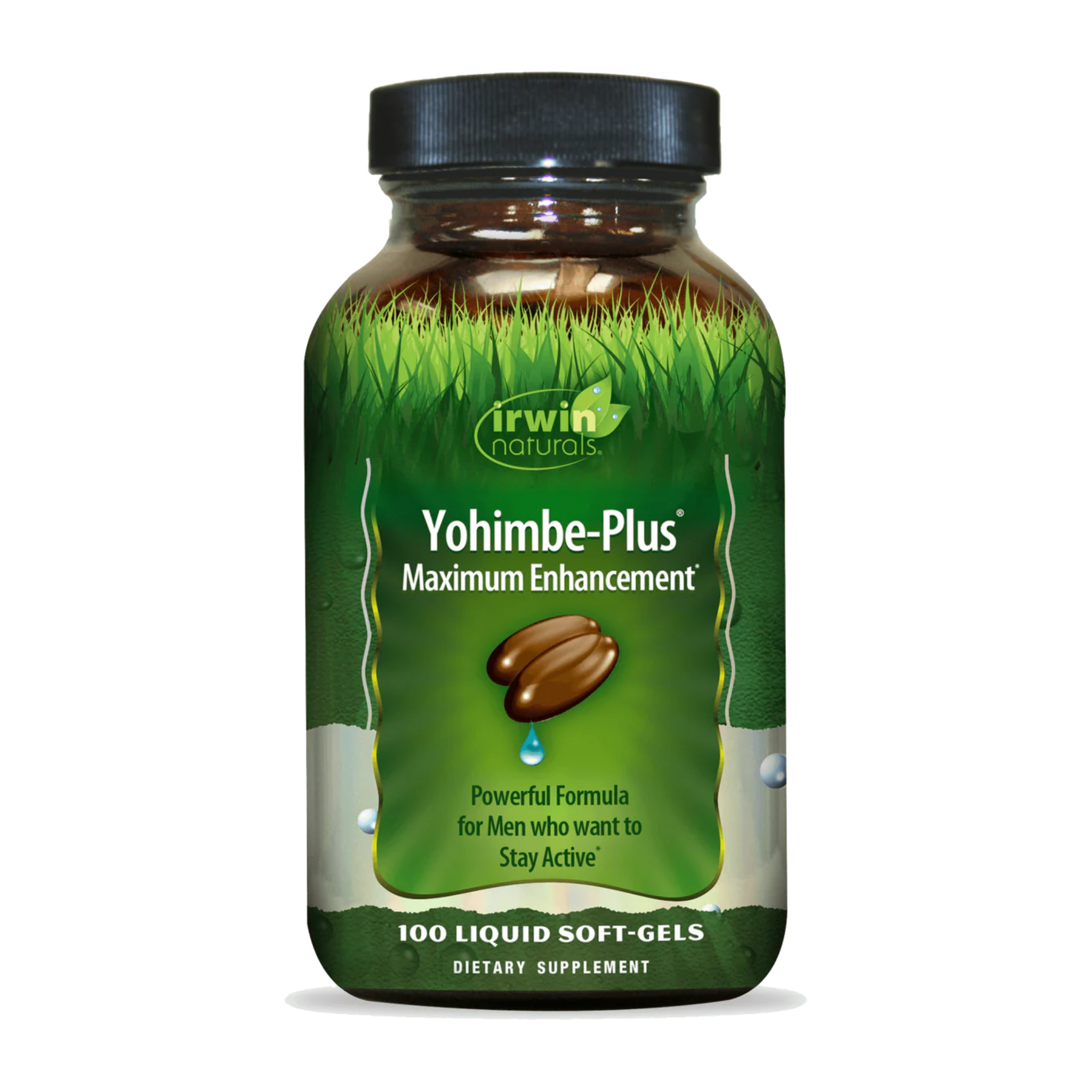When you envision living a “green” lifestyle, you may think of things like recycling, shopping with your own bags, turning off lights, and minimizing plastic usage. And all these actions are indeed important. However, one of the most crucial aspects of sustainability for all living things is water.
Water is arguably the most valuable resource in the world, upon which our very lives depend. Unfortunately, fresh, clean drinking water is also one of the most limited resources on the planet. While water covers 71 percent of the earth’s surface, over 96 percent of that is ocean. Only 3 percent of the planet’s water is freshwater, and just 1.2 percent of freshwater can be used for drinking.
Although clean, accessible water is essential for our survival, every year millions of people, most of them children, die from diseases associated with inadequate water supply, sanitation, and hygiene due to factors like bad economics and faulty infrastructure. As noted by the United Nations, water scarcity, poor water quality and inadequate sanitation negatively impact food security, livelihood choices, and educational opportunities for poor families across the world.
By 2050, at least one in four people is likely to be affected by chronic or recurring shortages of fresh water. Clearly, water conservation efforts have never been more important. The good news is there are simple but effective steps you can take in your own kitchen to ease the burden on your local water supply and even save money in the process.
How to Conserve Water in the Kitchen
The good news is there are simple but effective steps you can take in your own kitchen to ease the burden on your local water supply and even save money in the process.
Love eco-smart dishwashing
Would it surprise you to learn that dishwashers are generally more water efficient than handwashing? A standard dishwasher cycle typically uses 3–4 gallons of water, while cleaning your dishes by hand can use over 25 gallons, especially if the tap runs continuously. In fact, switching from handwashing to dishwashing can save you up to 18,000 liters of water per year! For optimal water efficiency, use your automatic washing machine for full loads only.
Handwash “green”
If you prefer to handwash and air-dry your dishes, you can do so with water economy in mind by filling the sink with sudsy warm water to clean items first. Avoid leaving a running tap; instead rinse items quickly and efficiently. If you have two sinks, the most water-sparing system is to fill one with soapy water and one with clean rinse water. You can use your clean, empty dishwasher for out-of-sight dishware and cutlery drain and dry.
Upcycle water
Water is so precious that even saving small amounts is beneficial, but more importantly, when little efforts become daily habits, the benefits accrue over time. One small but worthy action is reusing water in the kitchen rather than discarding it. For example:
- Dish rinse water: If you handwash your dishes, clean leftover rinse water is great for houseplants.
- Water from preparing vegetables: If you regularly steam veggies such as corn, artichokes, and beets, the water that remains is infused with nutrients, making it a wonderful base for soups. It is also nourishing for garden plants.
- Seed and grain rinse water: Most grains and seeds should be rinsed before using to remove dirt, dust, debris, chemicals, bugs, and excess starch, especially rice and quinoa. Use leftover rinse water to steam veggies, or for house and garden plants.
Pre-treat your produce
While even organically grown produce should be washed to clear dust, dirt, bacteria, and microbes, conventional produce needs an even more strategic approach to help remove chemical pesticide/herbicide residues as well. However, that does not require gallons of water.
You can work smarter and “greener” by pre-treating your fruits and veggies with a safe, biodegradable cleaning solution prior to giving them a quick rinse. Rebel Green Fruit & Veggie Clean has been shown to safely and gently remove significant amounts of surface pesticides, waxes, and oils. A money-saving Rebel Green Fruit & Veggie Clean Refill is also available.
Compost kitchen scraps
Whether you compost with worms, make plant-nourishing compost tea, or simply maintain a minimal, under-the-sink system, composting conserves water in various ways, according to the American Composting Council. For starters, given its capacity to efficiently retain and transfer water through the soil, compost allows surrounding plants to maximize water for growth. When you increase the organic matter in your soil with compost by even 1 percent, you significantly increase the volume of water that soil can hold, according to Michigan State University,
The way this works is that organic compost improves the aeration and nutrient retention in soil. When compost is added to low-nutrient soil, the organic matter in the compost acts like a sponge in the soil, holding water and dispersing nutrients. In fact, compost can reduce outdoor watering by an estimated 25 percent.







